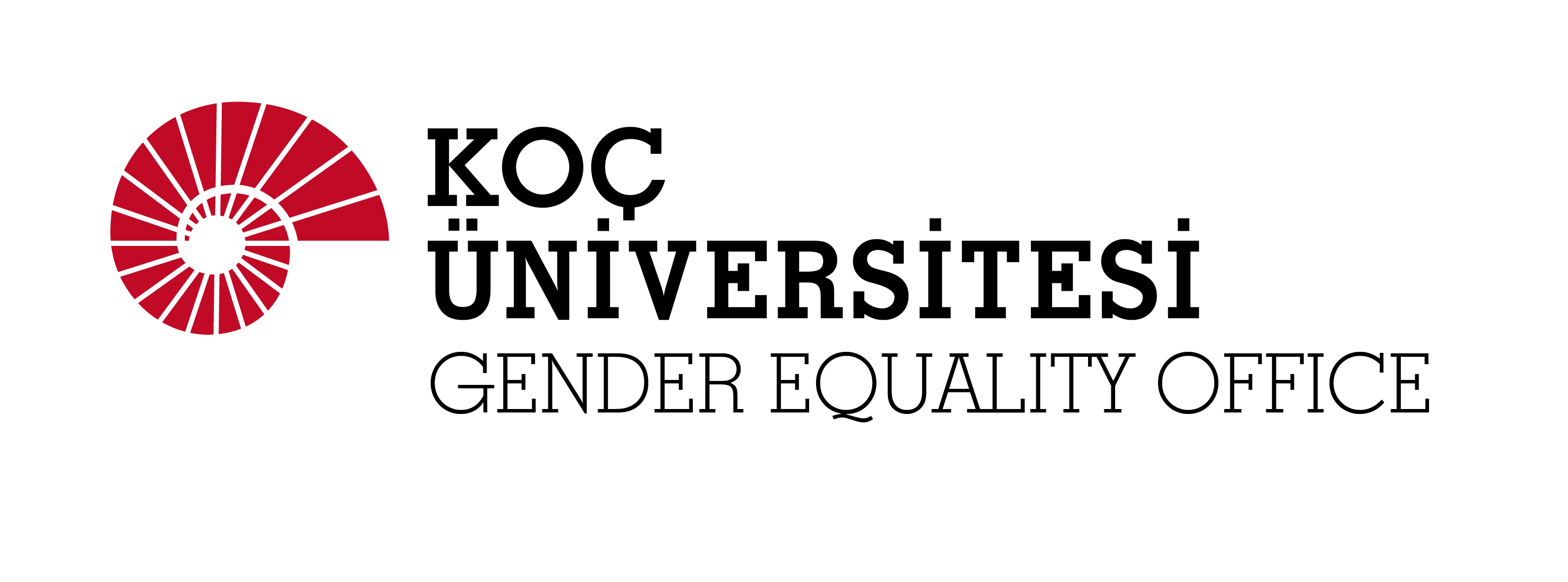
Özlem Altan-Olcay
Koç University, Department of International Relations
Suzanne was the discussant in one of the earliest panels I have ever attended at International Studies Association’s annual meetings. I was so excited about her suggestions and so grateful for her warm, constructive critique that I found every opportunity to connect with her from that point onwards. I am sure this out of character behavior for an introvert like I am was also influenced by my sheer admiration for her work. Over the years, we sat in panels, workshops together and exchanged frequent emails (often me asking her for advice).
But it wasn’t until the Covid-19 pandemic that we started talking about stuff closer to home. Everything had shut down. Daily life as we knew it had been halted and replaced by something much more intense and claustrophobic. All social interactions, beyond the domestic space, was carried over to the cyber realm, a space we were all trying to learn to navigate. We kept checking on each other and started talking about what was happening at home -something we had never done before. The artificiality of the lines between home and work, and private and public that everyone offhandedly draws, when trying to make sense of aspects of their life, could not have been clearer. We were working from home. We were working at home. We were doing everything that we were supposed to do and then some, during days and nights that bled into one another. And yet however much exhausted we were feeling, we could not shake the feeling that we did not have anything “tangible” to show for our exhaustion.
And that’s how the article was conceived. How was it that we were doing university work day in and day out, but we did not feel productive enough? How could we discuss something that did not even have a name in regular academic lexicon beyond the vague term “service work”?
So, we started writing and engaging with feminist political economy literature from a vantage point that felt more personal, more immediate and, frankly, angrier than ever. There is a long, rich history of feminist political economy literature that questions narrow conceptualizations labor and reveals the diversity of productive activities that make up and sustain the economy. This literature shows that care labor, work that involves service to others and caring motivations, is essential and without it, economic systems are bound to collapse. Because care labor is often seen as something women are “naturally” suited to perform, feminist scholars show, recognizing and valuing it as proper work goes a long way in challenging intersectional inequalities. We know, therefore, there is a need to interrogate the power dynamics that invisibilize and devalue care labor in both its paid and unpaid forms.
 The Covid-19 pandemic, at that point, had shown to us how difficult, skillful, and essential this labor is and a whole new array of popular discussions on unpaid care labor and the time poverty it results in were taking place. However, a similar move did not seem to be happening in higher institutions of education. As academics, we were encouraged to support students and their wellbeing, reach to them pedagogically in new ways in our cyber-classes, mentor younger colleagues, sustain departments and programs in crisis management mode, and organize community outreach. Yet the expectation was that we do this work not because it is part of our “official” performance requirements, but out of love and devotion. “Real” academic work continued to be defined in terms of research, publications, and grants.
The Covid-19 pandemic, at that point, had shown to us how difficult, skillful, and essential this labor is and a whole new array of popular discussions on unpaid care labor and the time poverty it results in were taking place. However, a similar move did not seem to be happening in higher institutions of education. As academics, we were encouraged to support students and their wellbeing, reach to them pedagogically in new ways in our cyber-classes, mentor younger colleagues, sustain departments and programs in crisis management mode, and organize community outreach. Yet the expectation was that we do this work not because it is part of our “official” performance requirements, but out of love and devotion. “Real” academic work continued to be defined in terms of research, publications, and grants.
This language of love and devotion rang familiar. This is not unlike the mainstream framing of care work done at home: discourses of love, devotion and individual choice invisibilize how essential and indispensable this work is and disconnect it from the inequalities between those who do it and those who do not. In this manner, they continued the historical tendency to value tasks that Brabazon calls the “housework of academia” significantly less than published research, grants, and upper administrative tasks.
Thus, in this paper, we argued that we need to take up this question of what academic work is seriously if for no other reason than to explain as Rosalind Gill puts it, “the expanding rift between the work being done by faculty and what is recognized as work.” Undoubtedly, we proposed, research is central to the work we do in universities. However, that does not mean we should not recognize the diversity of economic practices and motivations that constitute the university and ensure that the higher education system survives.
 Furthermore, instead of blaming the academics, who perform undervalued care work for their “imprudent choices,” we should also recognize that this work is structural and its distribution stems from and extends existing intersectional inequalities. Survey after survey shows that this discourse of individual choice invisibilizes and perpetuates inequalities in the distribution of academic ranks because women academics and academics of color are more likely to teach disproportionately more hours; to be expected to undertake tasks often called as “service,” all eating away at the work day and leaving little time for research. Not to mention that pandemic conditions exacerbated this inequality, with women academics and academics of color having even less time for research, publications and grants. Therefore, we argued that we need to reward caring academic work on par with its essential nature. “Caring” faculty is likely to be punished if the disproportionate valuation of certain forms of productivity over others is not addressed.
Furthermore, instead of blaming the academics, who perform undervalued care work for their “imprudent choices,” we should also recognize that this work is structural and its distribution stems from and extends existing intersectional inequalities. Survey after survey shows that this discourse of individual choice invisibilizes and perpetuates inequalities in the distribution of academic ranks because women academics and academics of color are more likely to teach disproportionately more hours; to be expected to undertake tasks often called as “service,” all eating away at the work day and leaving little time for research. Not to mention that pandemic conditions exacerbated this inequality, with women academics and academics of color having even less time for research, publications and grants. Therefore, we argued that we need to reward caring academic work on par with its essential nature. “Caring” faculty is likely to be punished if the disproportionate valuation of certain forms of productivity over others is not addressed.
Furthermore, this work is time consuming and depleting. The assumption that this work is motivated by intrinsic benefits can end up naturalizing and justifying oppressive working conditions. We also argued that we have to devise institutional mechanisms to reduce and redistribute this work load. And there is also voice and representation. We need to listen to the experiences of gender inequality in academia from the standpoint of those who are impacted negatively.
Our point was that the current devaluation of academic care labor and the misrecognition of the diversity of academic labor does not service the universities, or any of the faculty or students. We also emphasized a broader danger: all of this failure devalues academic labor in general, including research activities because it becomes easier to talk about university work in its totality as something people do out of love and thus not worth valuing economically.
All in all, ours was an attempt to contribute to discussions on patterns of gender inequality in academia, by exploring more diversified conceptualizations of academic labor. Universities are gendered institutions, capable of reproducing existing hegemonic gender norms and inequalities as well as addressing, challenging and changing them with their own institutional practices. For this change to happen, the diversity of university work needs to be recognized, valued properly, and distributed equitably.
